Mar 16, 2022 By: rolen
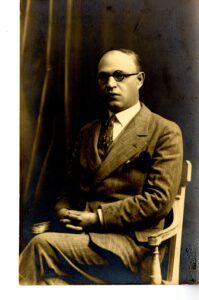 Daniel Persky
Daniel PerskyYeshiva University Archives
Call No: 1992.007
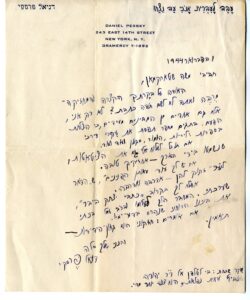 Letter from Daniel Persky to Moshe Starkman, Feb. 1, 1944
Letter from Daniel Persky to Moshe Starkman, Feb. 1, 1944Personal Collection: Shulamith Z. Berger
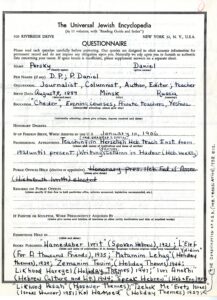 Yeshiva University Archives
Yeshiva University ArchivesLouis Rittenberg Papers, Box I
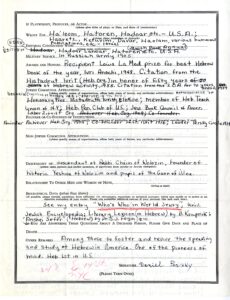 Yeshiva University Archives
Yeshiva University ArchivesLouis Rittenberg Papers, Box I
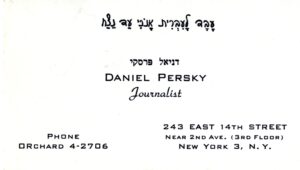 Yeshiva University Archives
Yeshiva University ArchivesLouis Rittenberg Papers, Box I
